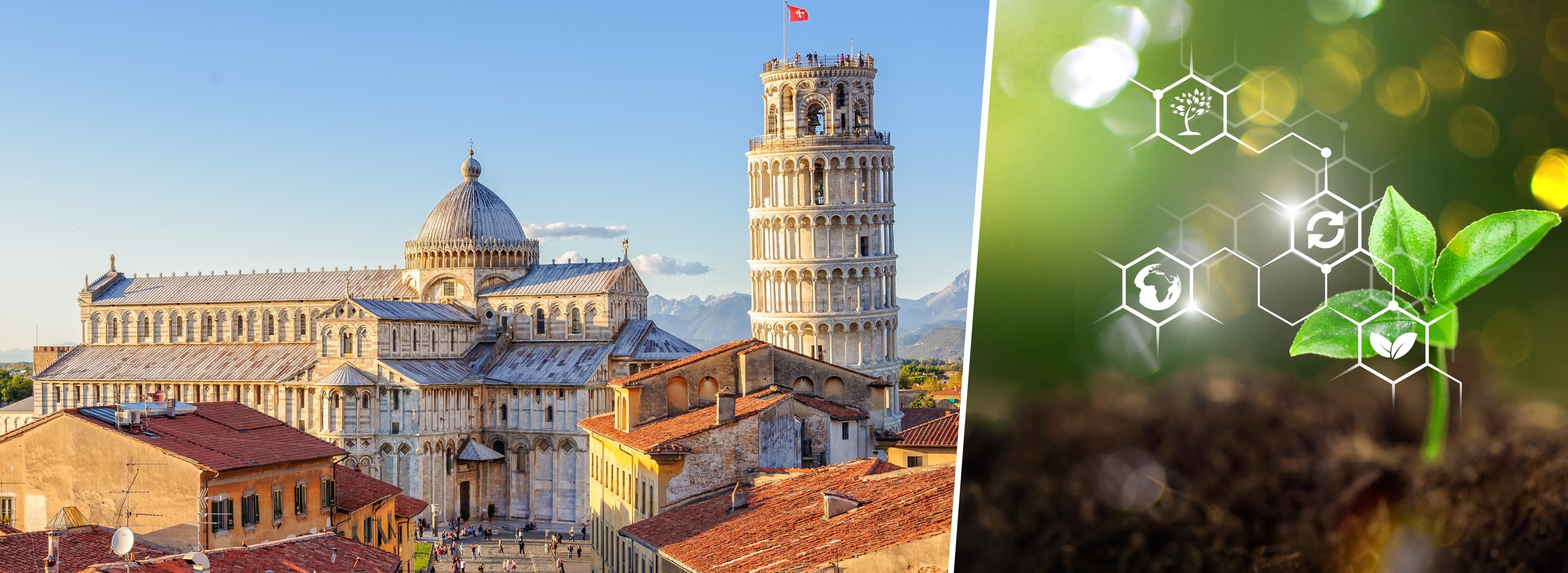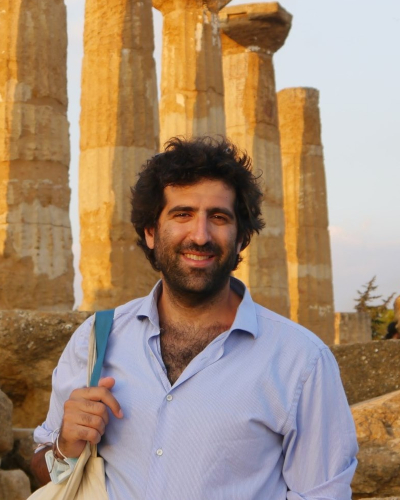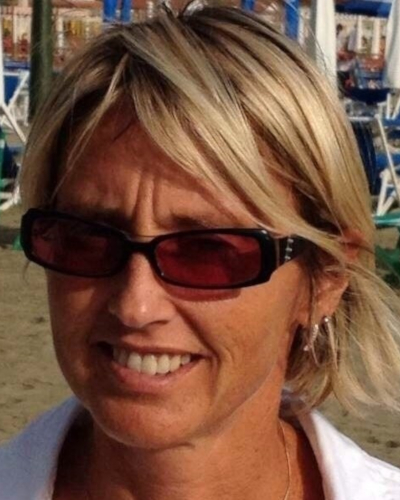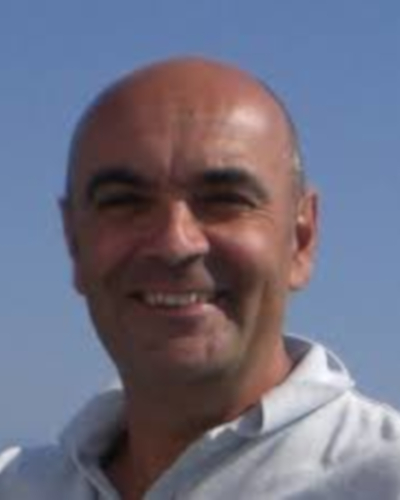SPECIAL SESSION #17
Earth Observation for agricultural water management under scarcity conditions in the Mediterranean area
ORGANIZED BY
Giulio Castelli
Department of Agriculture, Food, Environment and Forestry, University of Florence, Italy
Elena Bresci
Department of Agriculture, Food, Environment and Forestry, University of Florence, Italy
Anna Dalla Marta
Department of Agriculture, Food, Environment and Forestry, University of Florence, Italy
Filiberto Altobelli
CREA - Council for Agricultural Research and Economics; CREA PB - Research Centre for Agricultural Policies and Bioeconomy, Italy
Guido D'Urso
Department of Agricultural Sciences, University of Naples Federico II, Italy
ABSTRACT
The growing availability of Earth Observation (EO) data has brought significant benefits in the field of management of water resources for agriculture. These innovations have allowed a greater understanding of agro-hydrological processes, and their use can further significatively enable the management of scarce water resources, being these latter limited by structural, economic, social, and biogeophysical factors, or made even more scarce by recurrent drought events and climate change.
TOPICS
This session is proposed to present contributions relating to the innovative EO applications for the management of scarce water resources in the agricultural Mediterranean area. The use of data from the European Union's Copernicus Earth observation program and its services will be emphasized in this session. More specifically, we welcome studies including, but not limited to:
- EO for the forecasting, analysis, and management of drought events, also considering the propagation of the effects of meteorological and hydrological droughts as causes of agricultural water scarcity.
- EO for the analysis of drought and climate change impact on agro-ecosystems, also considering the impact on the production of other ecosystem services besides food production.
- EO for the optimization of water resource allocation, including best practices for irrigation and tools for quantifying crop water requirements.
- EO for generating data for agricultural water management in data-scarce areas.
- EO as input for agronomic and hydrological modeling and data fusion approaches.
Case-studies and applications on the utilization of EO for agricultural water management in South Mediterranean contexts are particularly welcome.
ABOUT THE ORGANIZERS
Giulio Castelli is a Research Fellow (Ricercatore a Tempo Determinato di tipo A) in Agricultural Hydraulics and Watershed Protection at the University of Florence and Invited Researcher at the University of Geneva, UNESCO Chair in Hydropolitics. During his PhD, he focused on water harvesting, water resources management and participatory approaches in international development. Alongside his PhD, he worked for the Italian Agency for Development Cooperation (AICS) in Sudan and as a consultant for the World Bank in Burundi. His research interests include: characterization, modelling, implementation, and transferability of water harvesting techniques; hydrological and agro-hydrological modelling of water resources systems in water-scarce and/or drought conditions; remote sensing for the analysis of soil-water-vegetation-atmosphere interactions; socio-hydrological and hydro-social analyses related to food security and land management; water-related ecosystem services.
Elena Bresci graduated in Civil Engineering, specialization in hydraulics, in 1994 in Firenze, she got a Master of Science in Environmental Engineering at the Polytechnic University of New York (USA) in 1995 and the PhD in Rural Sciences in 1999 in Firenze. Currently, she is associate professor at the University of Firenze, Department of Agriculture, Food, Environment and Forestry (DAGRI). She focuses her research activity on fields related with water resources management focusing on arid and semi arid areas, irrigation under scarcity conditions, forest hydrology. She is principal investigator in several international research projects, including the PRIMA AG-WaMED (Advancing non conventional water management for innovative climate-resilient water governance in the Mediterranean Area) and the EuropeAid RE-FARM (Research on agroecological innovations for increasing resilience to climate change in Cuanza Sul and Benguela). She is the Editor-in-Chief of the Journal of Agriculture and Environment for International Cooperation. She is the founder and coordinator of the Water Harvesting Lab of the University of Florence.
Dr. Anna Dalla Marta holds a PhD in Climatology and Soil Science and she is currently Associate Professor at Firenze University, Department of Agriculture, Food, Environment and Forestry. Her research focuses on agronomy and soil management, precision agriculture and sustainable crop production. She works on field and modeling studies for assessing the impact of sustainable agronomic practices (fertilization and irrigation) on crop productivity and yield quality. In particular, she has experience in crop growth models for the simulation of crop water productivity under different pedoclimates and climate change scenarios, also combined with the use of satellite information. She is part of European programs projects (H2020, JPI, PRIMA) dealing with sustainable water and land management in agriculture. She is author of more than 80 peer-reviewed international publications.
Filiberto Altobelli, PhD in enhancement and management of natural resources in agriculture. Researcher at Council for Research in Agriculture and Economics (CREA), Research Centre for Agricultural Policies and Bioeconomy. He is an agronomist, involved in research on natural resource sustainability in agriculture, cropping systems, irrigation and new technologies to be adopted for sustainable crop management in the field (precision agriculture and modeling), agricultural meteorology, and natural resource policy and economics aimed at sustainable agricultural productivity growth. Member of the Scientific Council of the Italian Association of Agrometeorology (AIAM) and the Italian Society of Soil Science (SISS). Head of the Secretariat of the International Union Soil Scientist (IUSS). He has more than 70 publications (scientific papers appeared in national and international conferences, peer-reviewed scientific articles).
Guido D'Urso, PhD in Environmental Sciences at Wageningen Agricultural University, is Full Professor of Water Management and Remote Sensing at Dept. of Agricultural Sciences at the University of Naples Federico II. He has been working since the early ‘90s on the development of new methodologies for interpreting Earth Observation data for studying water management in agriculture and related hydrological processes. He has coordinated several international research projects in this field, as documented by more than 100 publications on international scientific journals. His research activities, carried out in several countries, including U.S.A. and Australia, have also interested the development of agro-hydrological models for irrigation management and the estimation of soil water content by means of in-situ and remote active microwaves. He has started in 2006 the first “spin-off” company of the University of Naples Federico II, called “Ariespace” with the mission of developing operative applications of satellite remote sensing for land and water management and environmental monitoring.


















